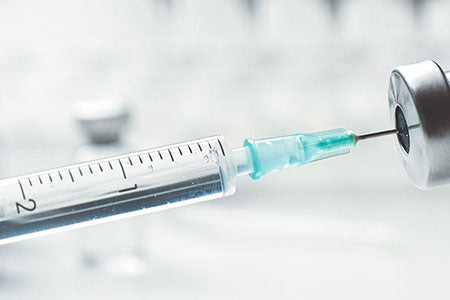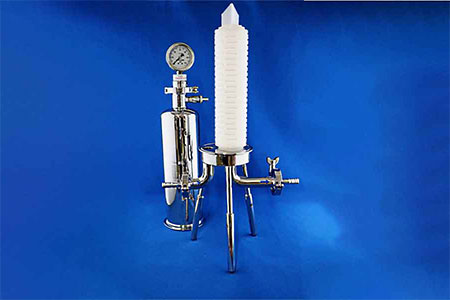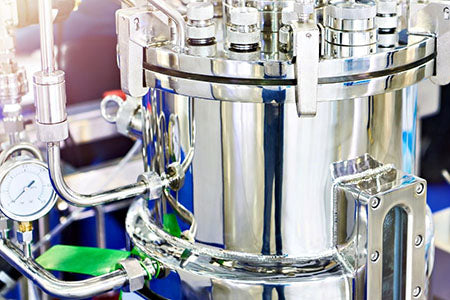
Compounding is an essential process for the pharmaceutical industry, where pharmacists and technicians combine ingredients to customize medications. Depending on the purpose of the medication and the patient’s needs, the compounding process can produce sterile or non-sterile products. Read on to learn the differences between sterile and non-sterile compounding products.
Sterile Compounding Products
Sterile compounding products are medications free from microorganisms, such as bacteria, viruses, or fungi. These products are intended for use in situations where the risk of infection is high or the patient's immune system is compromised. Examples of sterile products include the following:
- Injectable medications: Medications administered directly into the bloodstream, muscles, or other body tissues require sterility to prevent infection.
- Ophthalmic preparations: Eye drops and ointments need to be sterile, as the eye is a sensitive organ prone to infections.
- Intravenous (IV) solutions: IV fluids must be sterile to avoid introducing harmful microorganisms into the bloodstream.
Non-Sterile Compounding Products
Non-sterile compounding products are medications that don't require the same level of sterility as injectables or other high-risk preparations. These products are typically meant for external use or administration through the digestive system. Examples of non-sterile products include the following:
- Oral medications: Pills, capsules, and liquid medications meant for ingestion don't need to be sterile, as stomach acid can neutralize many microorganisms.
- Topical preparations: Creams, ointments, and lotions applied to the skin don't require sterility, as the skin provides a barrier against infection.
- Suppositories: Rectal or vaginal suppositories don't require the same level of sterility as injectables, as these body cavities can tolerate small amounts of microorganisms.
Bioprocessing Filtration and Compounding Products
Filtration is crucial to the production of compounding products. Whether you’re creating sterile or non-sterile products, bioprocessing filtration can help with clarification and purification. This ensures your products are free from unnecessary particulates and impurities.
Now that you know some of the differences between sterile and non-sterile compounding products, we hope you have a better sense of what you need for your facility. No matter what bioprocessing filtration products you need, you can count on International Filter Products. Give us a call today at (818) 504-8115 or contact us through our online form.



